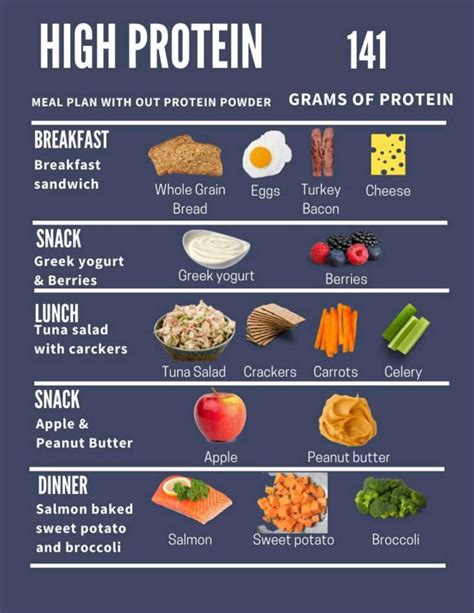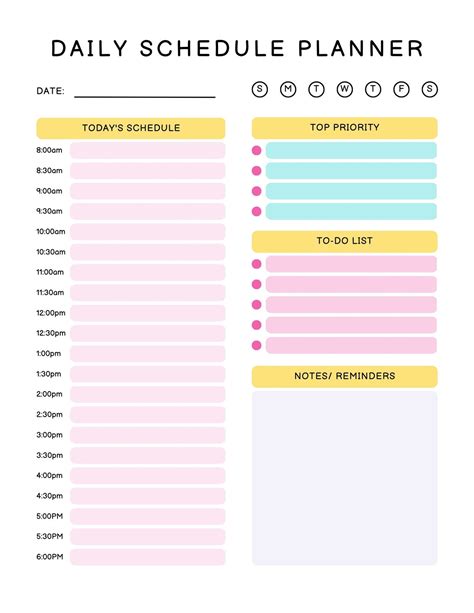Optimize muscle growth: What’s the ideal protein intake & timing for men?

For men dedicated to building muscle and enhancing physical performance, protein stands as the undisputed king of macronutrients. It’s the fundamental building block for muscle tissue, essential for repair, recovery, and growth. But navigating the vast sea of nutrition advice can be challenging. How much protein is truly optimal, and does the timing of your intake make a significant difference?
The Golden Rule: How Much Protein Do You Really Need?
General recommendations often hover around 0.8 grams of protein per kilogram of body weight for sedentary individuals. However, for men actively engaged in resistance training and aiming for muscle hypertrophy, this figure needs a substantial bump. Research consistently points to a range of 1.6 to 2.2 grams of protein per kilogram of body weight (or approximately 0.7 to 1.0 grams per pound of body weight) as ideal for maximizing muscle protein synthesis.
Factors like training intensity, overall calorie intake, age, and individual goals can influence your precise needs. For instance, during a calorie deficit (cutting phase), a slightly higher protein intake might be beneficial to preserve lean muscle mass.

Demystifying Protein Timing: The “Anabolic Window”
For years, the concept of a critical “anabolic window” immediately post-workout dominated discussions around protein timing. The idea was that consuming protein within 30-60 minutes after exercise was paramount to capitalize on enhanced nutrient uptake and muscle repair.
While consuming protein post-workout is undoubtedly beneficial, more recent research suggests that this “window” is not as narrow or as critical as once believed, especially for individuals consuming adequate protein throughout the day. The overall daily protein intake appears to be the most significant factor. However, strategically distributing protein intake throughout the day, roughly every 3-4 hours, can help maintain elevated muscle protein synthesis rates.

Beyond the Workout: Spreading Your Protein Intake
Instead of hyper-focusing on a post-workout shake, consider a more holistic approach. Aim for 20-40 grams of high-quality protein per meal, spread across 4-6 meals or snacks throughout your waking hours. This ensures a steady supply of amino acids to your muscles, optimizing repair and growth around the clock.
Before Bed Protein: A Game Changer?
Consuming a slow-digesting protein like casein before bed can be particularly advantageous. Casein provides a sustained release of amino acids overnight, preventing muscle protein breakdown during sleep and supporting recovery. Many find a casein shake or Greek yogurt an effective bedtime snack.

Choosing Your Protein Sources: Quality Matters
Not all protein is created equal. Prioritize complete protein sources that contain all nine essential amino acids. Excellent options include:
- Animal-based: Lean meats (chicken, beef, turkey), fish (salmon, tuna), eggs, dairy (milk, Greek yogurt, cottage cheese, whey/casein protein powder).
- Plant-based: Soy, quinoa, buckwheat, hemp seeds, complete plant-based protein blends (e.g., pea and rice protein). While many plant sources are incomplete on their own, combining them throughout the day ensures a full amino acid profile.

Putting It All Together: Practical Tips for Men
- Calculate Your Target: Determine your daily protein target (1.6-2.2g/kg body weight).
- Distribute Evenly: Aim for 20-40g of protein every 3-4 hours.
- Pre & Post-Workout: Ensure you have adequate protein leading up to and after your workout, but don’t panic if you miss a strict “window.”
- Before Bed: Consider a slow-digesting protein source.
- Prioritize Whole Foods: Get most of your protein from nutrient-dense whole foods. Supplements are there to complement, not replace.
- Hydrate: Adequate water intake is crucial for all bodily functions, including nutrient transport and muscle health.

Conclusion
Optimizing muscle growth for men boils down to consistent, adequate protein intake from high-quality sources, strategically distributed throughout the day. While protein timing around workouts is beneficial, it’s the total daily amount that truly drives results. By focusing on these principles, you can effectively fuel your body for maximum muscle protein synthesis, enhanced recovery, and sustained gains.








